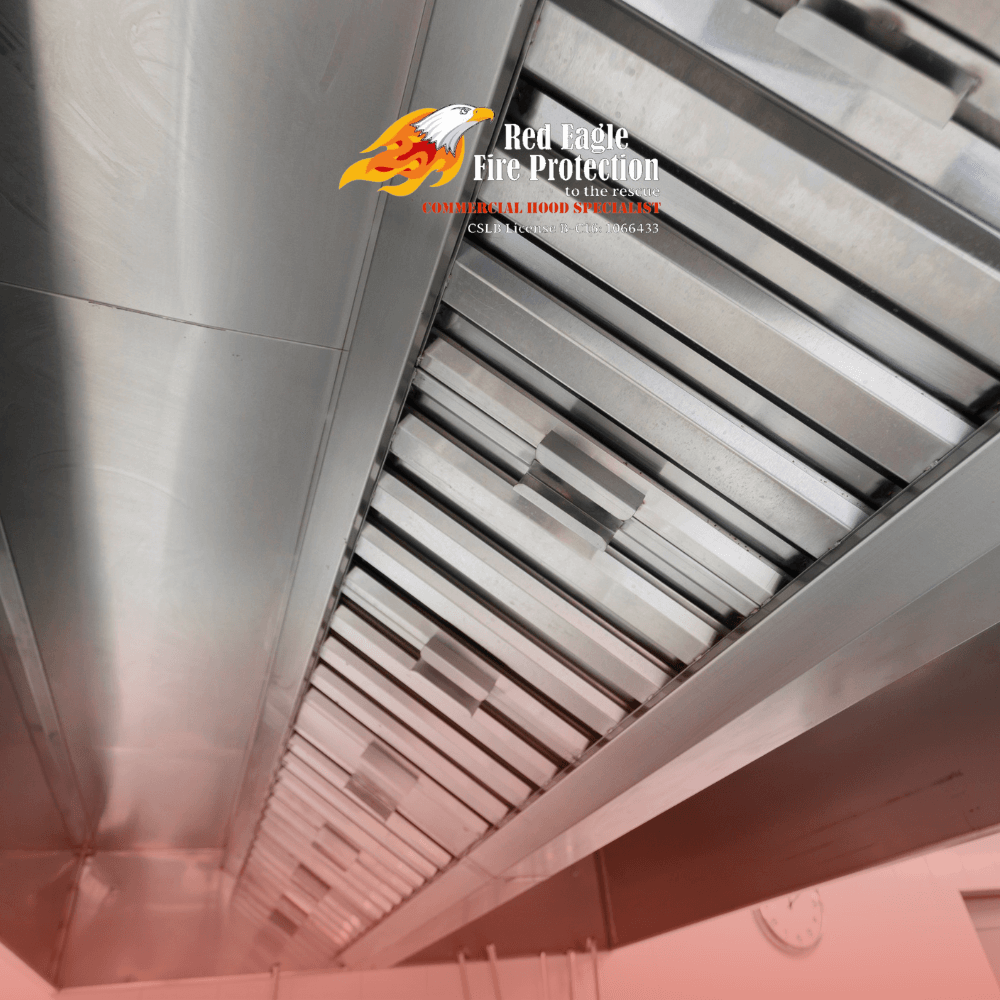Running a restaurant requires rigorous attention to safety standards, particularly regarding fire prevention. Regular kitchen exhaust hood cleaning is one of the most critical actions for reducing fire hazards in commercial kitchens. By ensuring your exhaust hood system is clean and maintained, you safeguard your restaurant, staff, and guests from potential fire-related incidents.
The Role of Kitchen Exhaust Hood Cleaning in Fire Prevention
In a high-heat environment, cooking oils and grease particles circulate through the air and settle on surfaces, particularly in the kitchen’s exhaust hood and duct system. Over time, these deposits create a layer of highly flammable grease. Exhaust hood cleaning removes these hazardous buildups, reducing the risk of grease fires and ensuring your kitchen is prepared to handle daily cooking demands safely.
Reducing Grease Fire Risks
Grease fires are a top cause of kitchen fires, especially in busy restaurant environments where high heat and open flames are common. When an exhaust hood is filled with grease, it becomes a potential ignition point. Proper, regular kitchen exhaust hood maintenance is essential for removing this dangerous residue. By keeping grease levels in check, you’re not only protecting your equipment but also minimizing fire risks.
Improving Air Quality and Ventilation Efficiency
Clean exhaust hoods are vital for maintaining good air quality in a restaurant. They remove smoke, odors, and airborne particles, creating a healthier environment for staff and patrons. Without regular kitchen exhaust hood cleaning, these pollutants can accumulate, impacting air quality and the performance of the ventilation system. A clean system functions efficiently, keeping the kitchen cooler and allowing employees to work comfortably.
Compliance with Health and Safety Regulations
Most local fire and health departments have strict regulations for kitchen exhaust hood cleaning in restaurants. Ignoring these standards can lead to costly fines, failed inspections, or even forced closures. Regularly cleaning your exhaust hood system ensures that your restaurant remains compliant and avoids penalties, while also providing peace of mind that you’re prioritizing safety.
How Often Should You Schedule Kitchen Exhaust Hood Cleaning?
The frequency of cleaning depends on the volume and type of cooking in your restaurant. High-volume restaurants that use fryers and grills should schedule kitchen exhaust hood maintenance monthly. Mid-volume kitchens may require cleaning every three months, while light-use kitchens can follow a six-month schedule. Consulting with a professional cleaning service can help determine the best cleaning frequency for your specific needs.
Hiring a Professional Exhaust Hood Cleaning Service
Partnering with a professional service for exhaust hood cleaning is the safest way to maintain your kitchen ventilation system. Certified technicians can access areas that are difficult to clean and adhere to NFPA 96 standards, which guide commercial kitchen fire safety. By hiring professionals, you ensure that the job is thorough, meeting all fire code and safety requirements.
Keep Your Restaurant Safe with Regular Exhaust Hood Cleaning
Restaurant owners cannot afford to overlook kitchen exhaust hood cleaning. Regular maintenance is essential for reducing fire risks, maintaining compliance, and ensuring the health of everyone in the establishment. Keep fire hazards at bay and prioritize safety by scheduling routine cleaning with a trusted service provider.
READ MORE:

